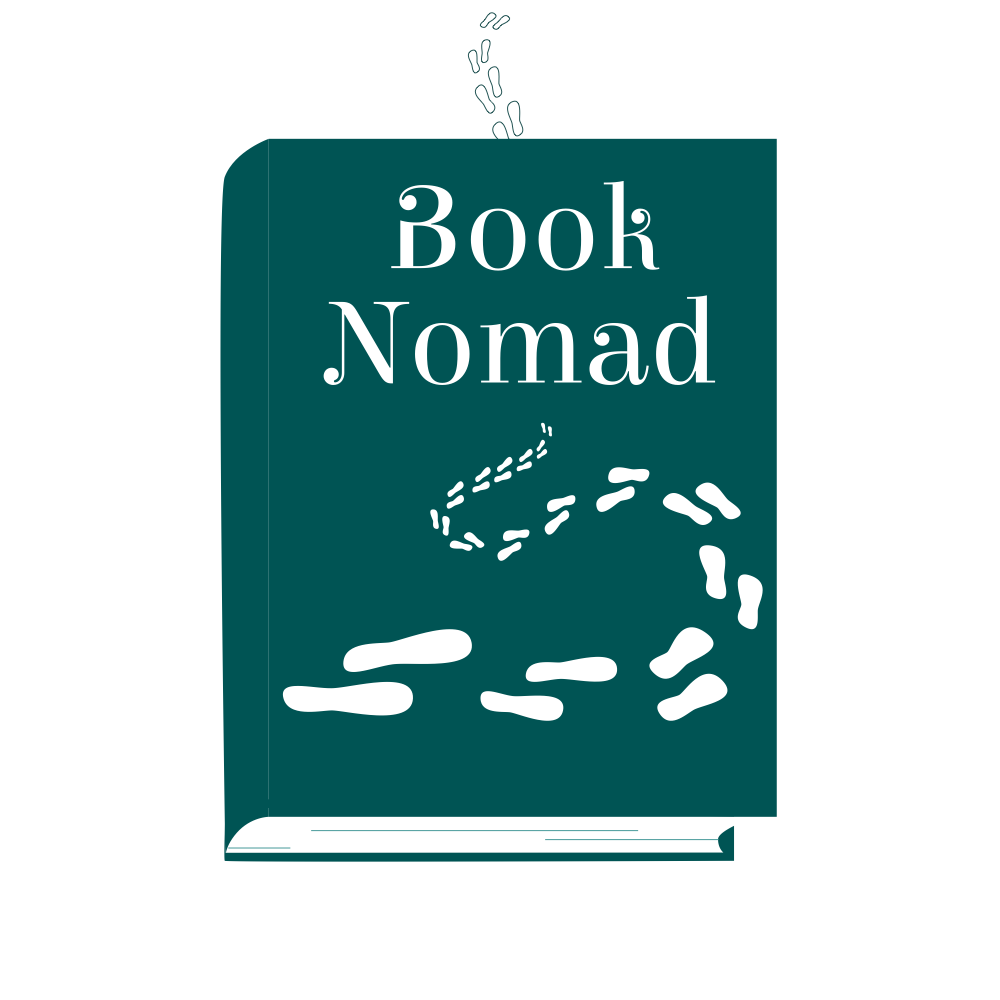This book received a lot of attention from Muslim readers when it came out and now that I’ve read it I can see why. It’s sweet (mostly), uncompromising and satisfyingly in line with many Muslim romance sensibilities.
I liked that S.K. Ali decided to set this book in an unusual location for a Western Muslim novel: Doha. I think the less antagonising setting provided some respite from the intensity of the political and social commentary on Western Muslim experiences present in Zayneb’s side of the story. The other respite I found was in the small moments that Adam and Zayneb had with their respective families, especially Adam’s family and Zayneb’s aunt. I thought these were beautifully tender and empathetic. S.K. Ali also clearly chose the backgrounds of her characters carefully to provide a range of perspectives, with both protagonists coming from multiple ethnic backgrounds and converts in both families. Although she didn’t delve too deeply into the specific experiences that come with being from such a family, I think just making these choices will have provided something fresh to readers from mixed backgrounds and those more traditionally represented in modern Western Muslim fiction.
I think my favourite character has to be Hanna, Adam’s sister. She’s everything you want in that supporting role of little sister: cute, nosy and funny (sometimes unintentionally). As in Uzma Jalaluddin’s Ayesha at Last, I connected more with the male protagonist, Adam, who is generally more introspective and considered in how he deals with other people and himself. I imagine this impression is partly due to my own personality type. I think S.K. Ali did a good job of creating two quite well-rounded characters who were different in many ways but who held the same fundamental values, allowing them to support and complement each other.

Perhaps an element of the writing style that jarred with me a little was the parts where Islamic practices and opinions were explained to the reader in the mouths of characters. This type of approach immediately pulls the Muslim reader (or this one, at least) out of the feeling that “this book was written for me”. I assume S.K. Ali wanted both Muslim and non-Muslim readers to feel comfortable and make a statement about certain aspects of how Muslims in the West are perceived. I’m not sure if it is really possible for a writer to explain such ideas to a non-Muslim reader without slightly alienating the Muslim reader, or the other way round. The explanations seemed to happen less as the book progressed though, so by the last third or so I could fully settle into it.
I listened to the audiobook version of this and I thought Priya Ayyar and Tim Chiou, as well as S.K. Ali as the narrator, did a great job. I could really immerse myself in the characters and I thought the fact that Tim Chiou is Taiwanese-American shows the attention to detail in choosing the actors. Also, his portrayal of Hanna made me laugh out loud more than once.
When I put myself in the shoes of a late-teen Muslim woman growing up in many communities in the US today, I can see how this book would absolutely be an affirming, warm, comforting book that she can fully immerse herself in and, thinking back to my own parallel teenage moment of seeing myself in a YA romance book, this thought warms my heart even more than the book itself.


0 Comments